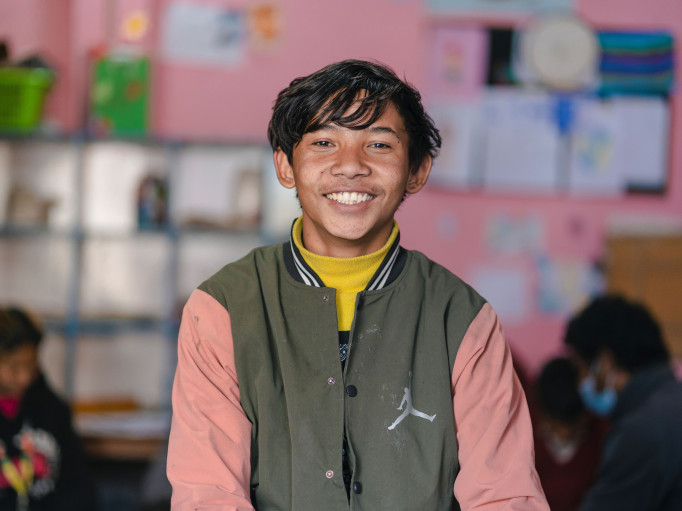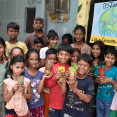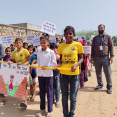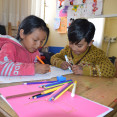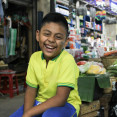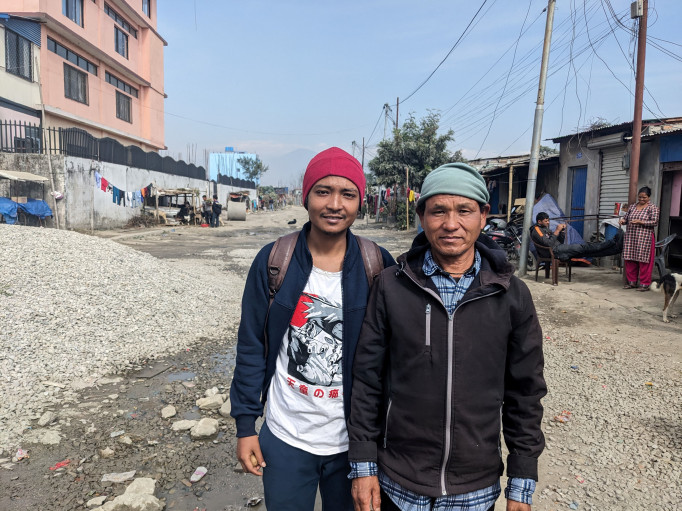
Here at Toybox, we know what the streets are no place for a child and that it puts them at risk of abuse and exploitation. So, where it is safe and appropriate to do so, our partners work with children and their caregivers to carefully support them through a process of reconciliation and reintegration with their families and the wider community.
This is complex work and is certainly not a straightforward process. However, there is always much celebration at Toybox and with our partners when a successful reintegration takes place. We know when this happens a child will be much safer from violence, discrimination, hunger and cold.
The complexity of reintegration
Naomi Hall Opiyo, Director of Impact and Programmes gives an overview of Toybox’s approach to reintegration.
"In situations where a child has been separated from their family, there’s a general consensus among the international community that the best possible scenario for that child is to be returned to the care of their family. There are of course exceptions to this, particularly where a child has been abused.
It is often assumed that children on the streets have been orphaned or forced to leave their homes for various reasons. Although this is true for some, the majority do have nuclear and/or extended family networks - often in another part of the country.
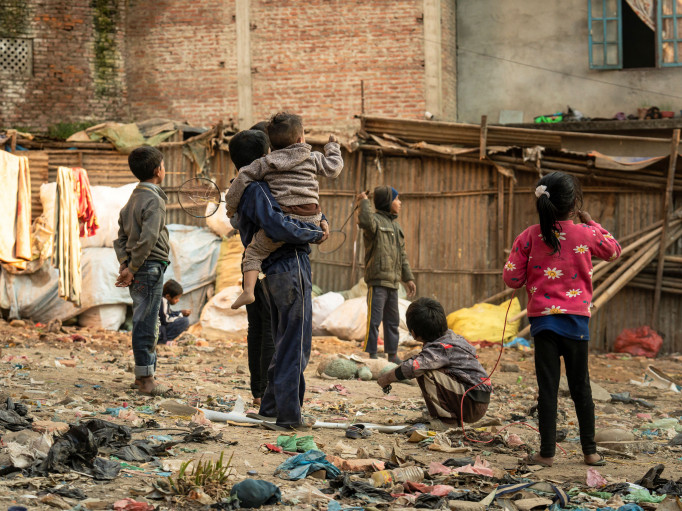
In this aspect of our work, it is vital for our partners to understand each child’s unique experience and what led them to leave their homes. This enables them to determine whether reintegration could be a possible outcome - and what would be required for it to be a successful one. Children and young people living on the streets develop considerable resilience in terms of meeting their survival needs, developing social networks and living independently with peers. For many the thought of returning home where they have less independence can often be a barrier to reintegration.
The process of reintegration may involve periods where a child stays with family members, then going back to the street or to an organisation known to them, before going back home again. This process may happen several times. Sometimes the child or young person reintegrates well into the family and community, while other times they may end up going back to the streets or to another place. Reintegration must be carefully managed. It requires lots of planning and preparation, not only for the child, but also for the family and the wider community who must acknowledge and address the factors that led the child to leave. This role is undertaken by our local partners who are pivotal in the reintegration process. In some cases, the child may not know or remember where their family lives and sometimes the family is unsure whether their child is even still alive and need preparation for the reconciliation and possible return.
Our experience in this area of work with street children has shown that reintegration is incredibly complex and requires significant time and resources. However, rewards can be enormous and each time it works is a huge victory. We know that where a child can return home, they will be much safer away from the dangers of the streets."
Our reintegration work in Nepal
Smita Khanijow, Toybox’s Programme Manager for Africa and Asia shares her insights on the reintegration work Toybox supports in Nepal.
"The children we work alongside often run away from home for a variety of reasons, such as poverty, violence at home, ill-treatment by relatives and the temptation to explore the world independently. Sometimes they are even lured by traffickers for domestic work or begging, while others get lost while travelling with their families from one place to another.
In a country like Nepal, the terrain is mountainous and rugged, and villages are situated far away from each other. The geographical challenges and limited resources often make it impossible for families to track a missing child. Many give up hope once a child is lost, kidnapped or has run away.
At times, it's even harder to know what has happened to the child. There is an Anti-Trafficking Unit in the police department, but it's poorly resourced so unless the family have their own means and are ready to continue their efforts to trace a missing child, the common understanding is that the child has run away.
Most children are attracted towards big city life in Kathmandu, as they see or hear about it on the TV. They travel long distances on foot, take lifts in cars or trucks, or hide in buses to reach the city. Once there, they roam around, initially resorting to begging or stealing for food, until they are identified by a gang of older street families or they themselves are inducted into one. Once part of the street family network, they can learn the ways of street life.
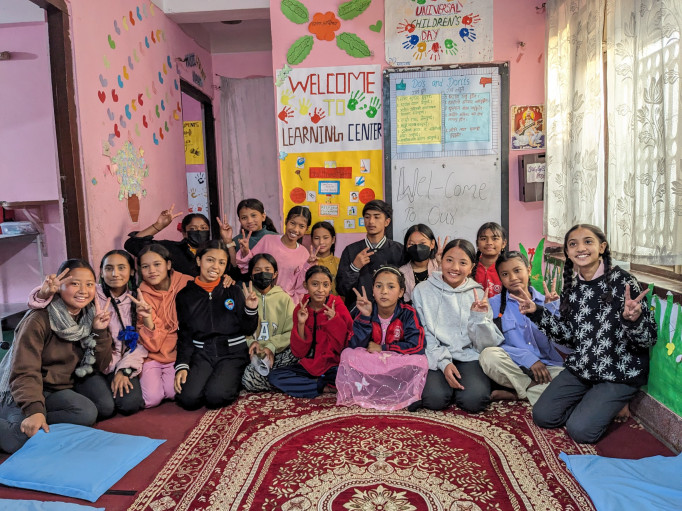
Toybox local partner in Nepal, SathSath has a good rapport with street-connected families in Kathmandu, so whenever a new child arrives in the city, they meet the child and try to understand the reasons for them arriving there. In the project’s Learning Centre, (pictured above), counselling support is offered to the child. At the same time, the team also engage with the authorities to explore reintegrating the child.
Sometimes, a child is willing to go back to their family. In these cases, the SathSath team help in the process of finding the family, counselling them, transporting the child to the family, and ensuring follow-ups to check the status of the case.
There are however times when the child is not willing to be immediately repatriated. In these instances, our partner will continue to work alongside the child, offering access to educational support and vocational skills, as well as helping unregistered children get their birth certificates."
Thank you
Reintegrating a child with their family and community takes time and resources - but together we are changing lives for the better. With your support in the last financial year, 186 children and 51 young people were successfully reintegrated across Toybox projects.
